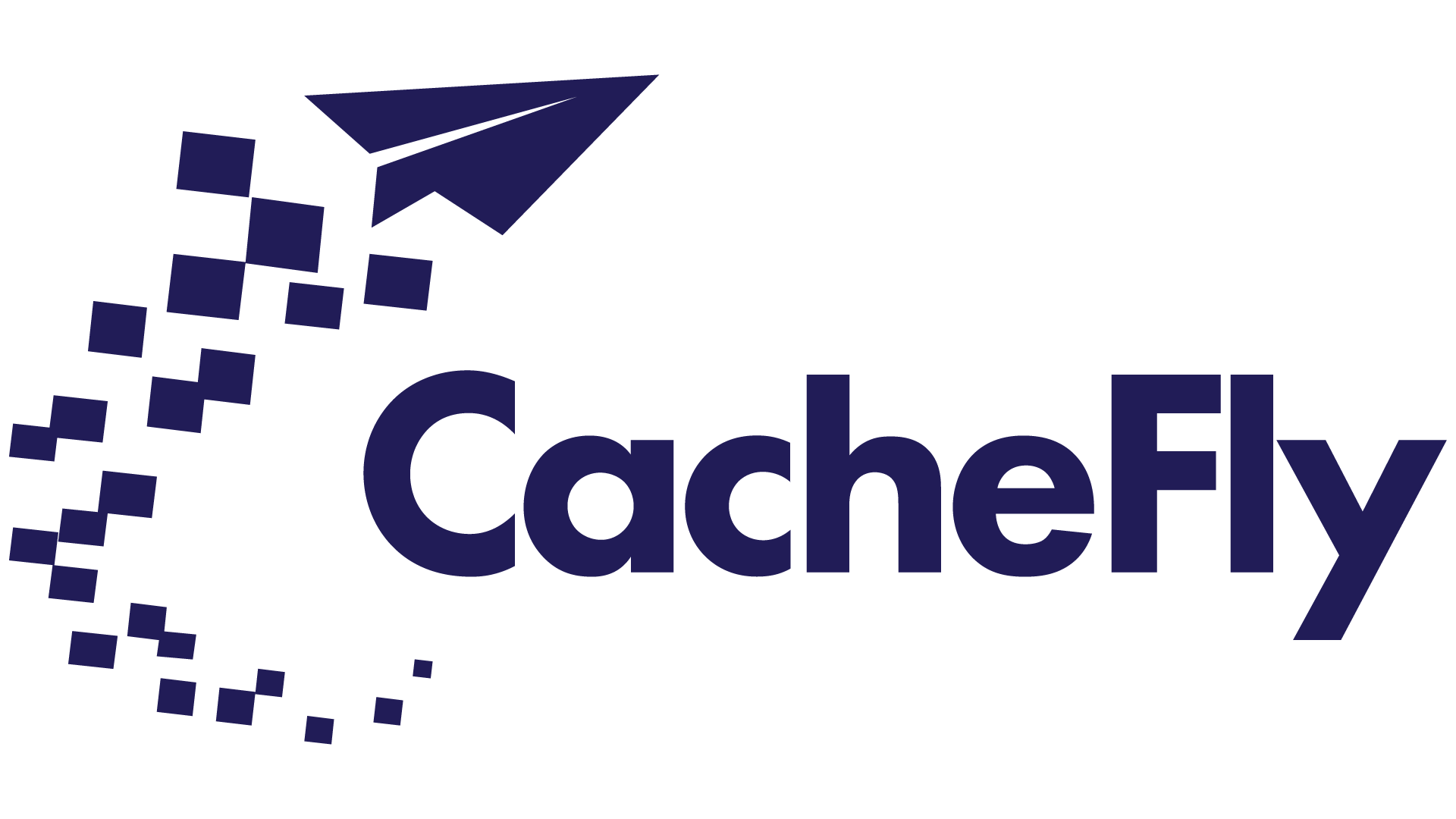
The Key to Cross-Platform Music Streaming Compatibility
Key Takeaways
- Evaluating CDN providers for optimal network size and PoP distribution is crucial for global reach and minimal latency.
- Implementing HTTP/3 and QUIC protocols across the CDN can accelerate content delivery and improve performance in high-latency networks.
- Strategically configuring cache-control headers and TTL values can balance content freshness and reduce server load, enhancing the responsiveness of music streaming services.
- Leveraging real-time analytics to monitor CDN performance can help in identifying bottlenecks and optimizing content delivery paths for different regions and devices.
The digital era has transformed the way we consume music. With the rise of music streaming platforms, the demand for seamless, high-quality audio streaming has never been greater. Ensuring cross-platform compatibility—providing a seamless music streaming experience across devices—poses a unique challenge. However, it’s a challenge that can be overcome by establishing a robust Content Delivery Network (CDN) framework. This post will explore how you can enhance your music streaming service by leveraging CDN technologies, focusing on key strategies for establishing a robust CDN framework for seamless streaming.
Establishing a Robust CDN Framework for Seamless Streaming
Firstly, it’s essential to evaluate CDN providers for optimal network size and Point of Presence (POP) distribution. This ensures global reach and minimal latency, which are crucial for a seamless music streaming experience. Indeed, robust CDN solutions like those offered by CacheFly have proven highly effective at overcoming technical challenges and enhancing the live music streaming experience.
Next, consider implementing HTTP/3 and QUIC protocols across the CDN. These modern internet protocols can accelerate content delivery and improve performance in high-latency networks, making them a vital part of any CDN strategy for music streaming.
Also, configuring cache-control headers and Time-To-Live (TTL) values strategically can help balance between content freshness and reduced server load. This enhances the responsiveness of music streaming services, ensuring that users can access their favorite tracks without delay.
Finally, don’t underestimate the power of real-time analytics. These can provide valuable insights into CDN performance, helping to identify bottlenecks and optimize content delivery paths for different regions and devices. With these strategies in place, you’ll be well on your way to ensuring seamless music streaming across devices, putting you at the forefront of cross-platform compatibility.
Optimizing for Cross-Platform Compatibility and User Experience
Having established a robust CDN framework for seamless streaming, it’s time to turn our attention to enhancing the user experience. A critical aspect of this is designing responsive user interfaces that adapt seamlessly to various devices. From web browsers to mobile apps and smart devices, your audience should enjoy a consistent user experience across platforms. This cross-platform compatibility is crucial in today’s multi-device world where users expect to switch seamlessly between devices without losing the quality of their music streaming experience.
Next, you should integrate with robust APIs that support a wide range of functionalities. These include user authentication, playlist management, and streaming controls, all of which facilitate a unified experience. By ensuring a seamless integration of these functionalities, you can provide a rich, immersive, and personalized music streaming experience to your users, regardless of the device they use.
Another important step is to utilize CDN features that support adaptive bitrate streaming. This allows for dynamic adjustment of audio quality based on the user’s network conditions, minimizing buffering and enhancing playback quality. Adaptive bitrate streaming is a crucial feature for maintaining high-quality music streaming even under fluctuating network conditions, ensuring that your users never have to endure a sub-par streaming experience.
Lastly, it’s essential to address security concerns by implementing HTTPS across all platforms, utilizing CDN’s built-in DDoS protection, and configuring Web Application Firewalls (WAF) to safeguard user data and prevent unauthorized access. As the digital landscape becomes increasingly complex, ensuring the security of your music streaming service is not just about protecting your business—it’s about earning and maintaining the trust of your users. By implementing these security measures, you can provide a smooth and secure music streaming experience, further enhancing cross-platform compatibility.
Leveraging Advanced CDN Technologies for Improved Audio Quality
After optimizing for cross-platform compatibility and enhancing user experience, the journey towards seamless music streaming across devices doesn’t stop. It’s time to push the boundaries of audio quality, and here’s where advanced CDN technologies come into play.
Implement AI and Machine Learning Algorithms
One way to drive audio quality is to implement AI and machine learning algorithms within the CDN. These powerful technologies can predict user behavior and pre-cache popular music tracks. The result? You get to enjoy reduced latency and improved instant playback. This means your users can start listening to their favorite tracks without any delay, thereby enhancing their music streaming experience.
Explore Edge Computing Capabilities
Next, explore the use of edge computing capabilities within CDNs. Edge computing processes and delivers content closer to the user, which significantly reduces load times and improves audio quality. With edge computing, you’re not just providing music streaming services — you’re providing high-quality music experiences that resonate with your users.
Utilize Lossless Compression Techniques
To further improve audio quality, utilize lossless compression techniques over the CDN. This ensures high-fidelity audio streaming without compromising on speed or bandwidth. Remember, in the world of music streaming, audio quality is king. By delivering high-fidelity audio, you’re not only meeting your users’ expectations — you’re exceeding them.
Regularly Update and Optimize CDN Configurations
Finally, regularly update and optimize CDN configurations to support the latest audio codecs and formats. This ensures compatibility and optimal sound quality across all devices. As the landscape of music streaming continues to evolve, staying up-to-date with the latest audio codecs and formats is crucial. It’s not just about keeping up with the trends — it’s about setting the trends in high-quality music streaming.
Ensuring Scalability and Reliability Through CDN Diversification
As we continue our journey towards cross-platform compatibility in music streaming, we now turn our attention to scalability and reliability. These are two non-negotiables in the world of music streaming, where user demand can spike suddenly and unexpectedly. So, how do we ensure our CDN infrastructure can handle this? The answer lies in CDN diversification.
Assess and Integrate Multiple CDN Providers
First and foremost, assess and integrate multiple CDN providers. This strategy distributes traffic loads, enhancing the reliability and uptime of music streaming services during peak times. A single CDN might buckle under the pressure of sudden traffic spikes, but multiple CDNs can distribute the load and keep the music playing. In the high-stakes world of music streaming, a diversified CDN strategy is not just a good idea—it’s a necessity.
Implement Geo-Redundancy
Next, implement geo-redundancy by leveraging CDNs with a global presence. This ensures users experience consistent performance regardless of their location. Imagine a user in Australia enjoying the same seamless music streaming experience as a user in the United States – that’s the power of geo-redundancy. And in our increasingly connected world, it’s a requirement for any serious music streaming service.
Conduct Regular Stress Tests and Performance Evaluations
But what happens if the unexpected occurs? What if user demand suddenly spikes, or a CDN provider experiences an outage? That’s where regular stress tests and performance evaluations come in. These proactive measures identify potential scalability issues, allowing for adjustments to CDN configurations before any problems arise. And when it comes to music streaming, prevention is always better than cure.
Utilize CDN Analytics and Monitoring Tools
Finally, utilize CDN analytics and monitoring tools to track usage patterns and predict future growth. This ensures the infrastructure scales efficiently with increasing user demand. These powerful tools provide valuable insights into user behavior, enabling you to anticipate future trends and adjust your CDN strategy accordingly. It’s not just about reacting to change—it’s about predicting it.
Navigating the Future of Music Streaming with CDN Innovations
Monitor Emerging CDN Technologies and Standards
As we look towards the future, it’s essential to monitor emerging CDN technologies and standards, such as 5G mobile networks and next-generation internet protocols. These advancements are not just buzzwords—they represent the future of music streaming. By staying ahead of the curve, you can ensure your music streaming service delivers high-quality experiences that meet and exceed user expectations. Remember, in the fast-paced world of technology, complacency is the enemy.
Engage with CDN Providers for Custom Solutions
Next, engage with CDN providers to explore custom solutions and beta features that could offer competitive advantages in music streaming. Lower latency routes, enhanced security features—you name it. These are not just ‘nice-to-haves’; they could be the deciding factor for a user choosing your platform over a competitor’s. So, don’t just settle for out-of-the-box solutions; push the boundaries and explore the possibilities.
Foster a Culture of Continuous Improvement
Of course, none of this would be possible without a dedicated and innovative engineering team. That’s why it’s crucial to foster a culture of continuous improvement and innovation within your team. Encourage experimentation with new CDN features and optimizations. Remember, the best ideas often come from those on the front lines, so empower your team to think creatively and push the boundaries of what’s possible.
Stay Informed About Music Streaming Rights and Regulations
Finally, don’t forget about the legal side of things. As Spotify’s successful use of CDNs demonstrates, it’s crucial to stay informed about the evolving landscape of music streaming rights and regulations to ensure CDN usage complies with all legal requirements and industry standards. Spotify’s experience is a valuable lesson for all music streaming platforms to learn from.
In conclusion, cross-platform compatibility combined with CDN innovations hold the key to delivering seamless music streaming experiences. The importance of a robust CDN framework and the potential of emerging technologies are vital takeaways from this discussion. But, as the landscape of music streaming evolves, how will your platform adapt and innovate to stay ahead?
About CacheFly
Beat your competition with faster content delivery, anywhere in the world! CacheFly provides reliable CDN solutions, fully tailored to your business.
Want to talk further about our services? We promise, we’re human. Reach us here.
Product Updates
Explore our latest updates and enhancements for an unmatched CDN experience.
CacheFly in the News
Learn About
Work at CacheFly
We’re positioned to scale and want to work with people who are excited about making the internet run faster and reach farther. Ready for your next big adventure?




